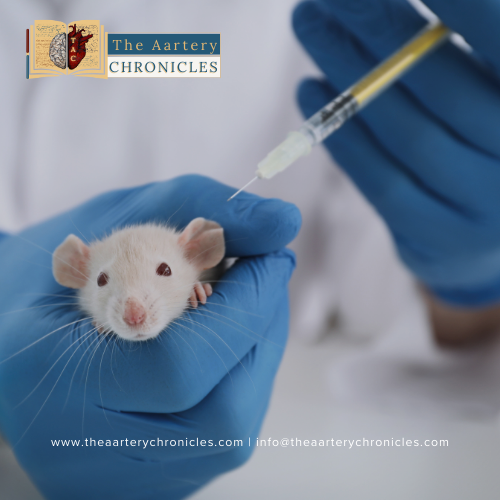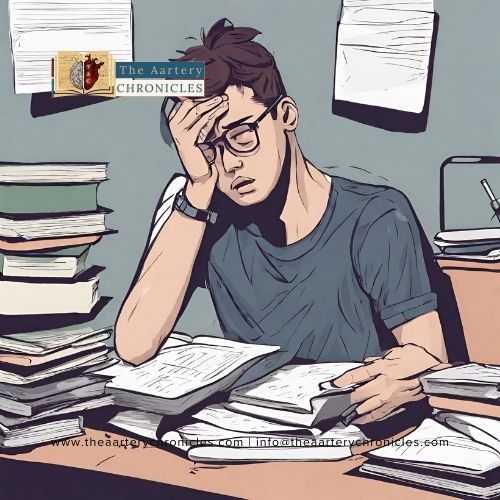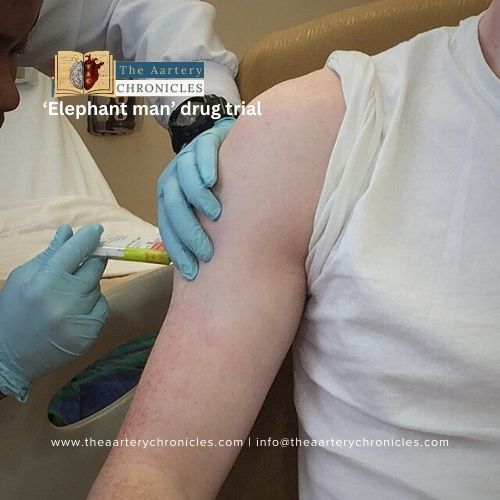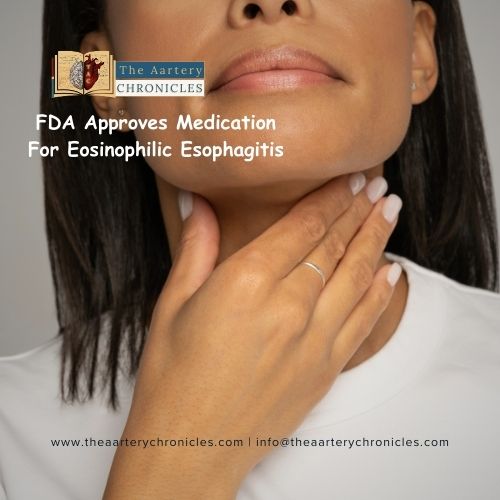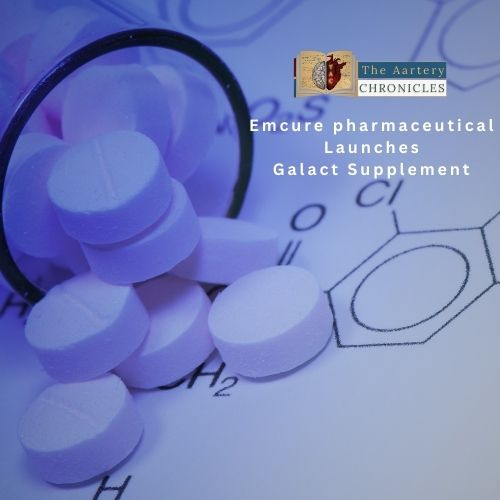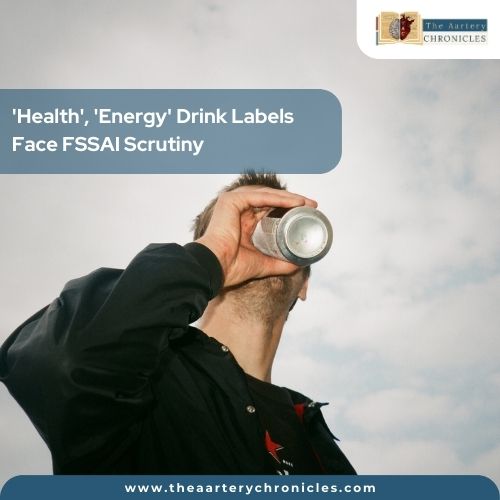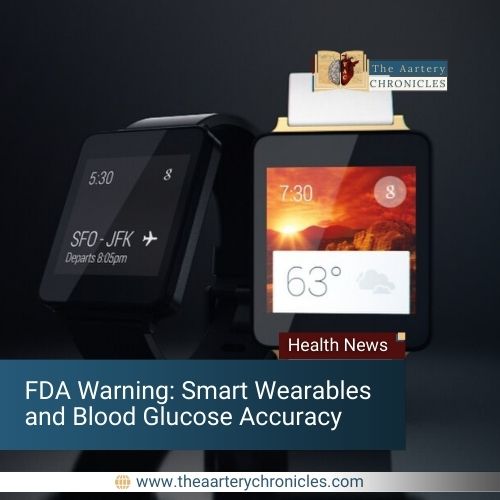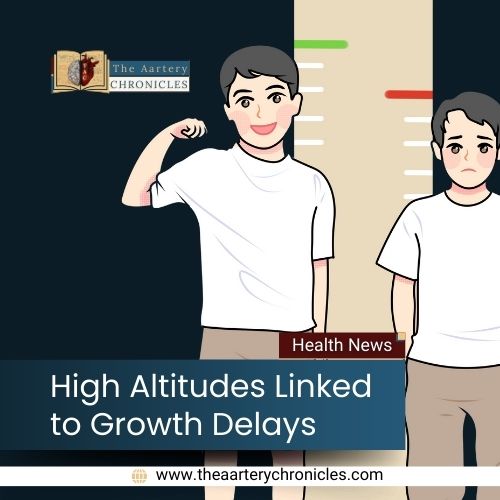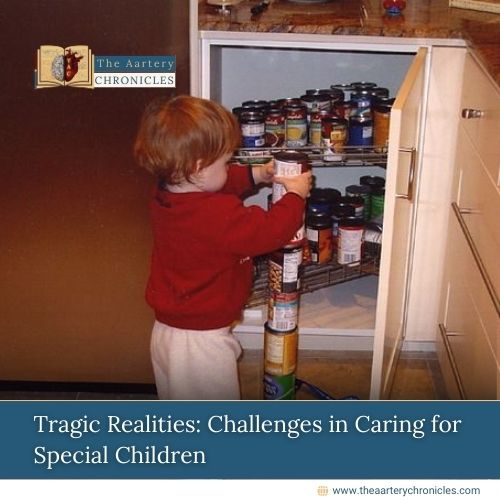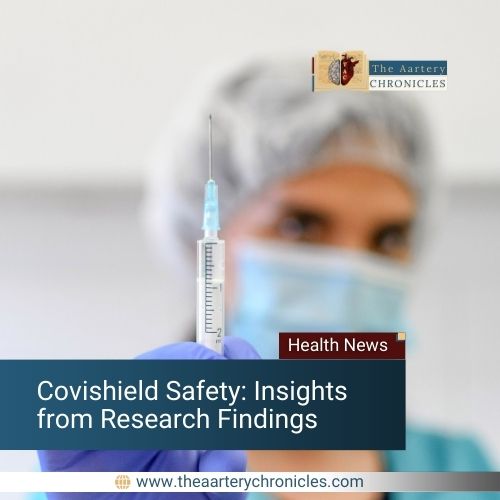

Covishield's Safety Debate: Navigating AstraZeneca's Revelation
Overview
AstraZeneca, a major pharmaceutical company has admitted that its COVID-19 vaccine developed in partnership with Oxford University might cause uncommon adverse effects such as blood clotting and low platelet count after vaccination. In India, the vaccine, known as Covishield and manufactured by the Serum Institute of India in Pune, has been delivered in 175 crore doses. This finding has raised understandable concerns about the vaccine’s safety.
The company accepted this in court while facing a lawsuit alleging significant injury and deaths caused by the vaccination, according to The Daily Telegraph. Thrombosis with Thrombocytopenia Syndrome (TTS) is extensively described and acknowledged in scholarly literature. The first cases of TTS appeared immediately after vaccination campaigns began in Europe, prompting some nations to temporarily suspend the use of the AstraZeneca vaccine.
So, what does this mean for Covishield users in India?
The Government Committee on Adverse Events Following Immunization (AEFI) has reviewed at least 36 cases of TTS and confirmed 18 deaths from it in 2021, the inaugural year of Covid-19 vaccination in India. However, it’s unlikely that affected Indian patients can participate in the British petition due to legal complexities such as different regulatory approvals and the vaccine being manufactured by an Indian company, subject to Indian laws and jurisdiction.
Why shouldn't there be panic?
Experts emphasize that while TTS was early on reported by European countries, it has been extremely rare in India. A senior health ministry official, involved in vaccination discussions, noted that TTS is exceptionally rare, especially among Indians and South Asians compared to Europeans. They emphasize that the evidence shows vaccination has saved lives, with the benefits outweighing the risks.
Moreover, the risk of TTS is not only rare but also highest in the initial weeks after the first vaccination. Given that most Indians have received three doses and a considerable amount of time has passed since vaccination, the risk is greatly minimized. Dr. Gagandeep Kang, Director of Global Health at the Bill and Melinda Gates Foundation, stresses the importance of reassuring people that the risk of TTS is primarily shortly after vaccination.
“Surprisingly, people are reacting now,” says Dean of Biosciences and Health Research, Trivedi School of Biosciences of Ashoka University. He points out that the rare side effect was well-documented and scientifically accepted during the vaccination drives. The benefits of vaccination during the peak of the pandemic were deemed to outweigh the risks.
Additionally, the Covishield package insert always included a warning about this rare condition. A 2022 study published in Lancet Global Health reported AstraZeneca’s TTS rates at 8.1 cases per million after the first dose and 2.3 cases per million after the second dose. The study also noted geographic variations in TTS reporting, with higher cases in Nordic countries and lower cases in Asian countries.
Parent's Quest for Accountability
Reportedly, the parents of a woman who passed away after the Covishield vaccination plan to pursue legal action against Serum Institute of India (SII). This decision was raised after AstraZeneca’s admission in court regarding the adverse reactions of their COVID-19 vaccine offering the parents optimism in their quest for justice. AstraZeneca has been facing a class-action lawsuit for allegations regarding the vaccine developed in collaboration with the University of Oxford, leading to fatalities and severe effects including thrombosis with thrombocytopenia syndrome (TTS), marked by blood clotting and reduced platelet levels.
Source: Inputs from various media Sources

Priya Bairagi
- Medicine and Diseases
- Nutrition and Diet






